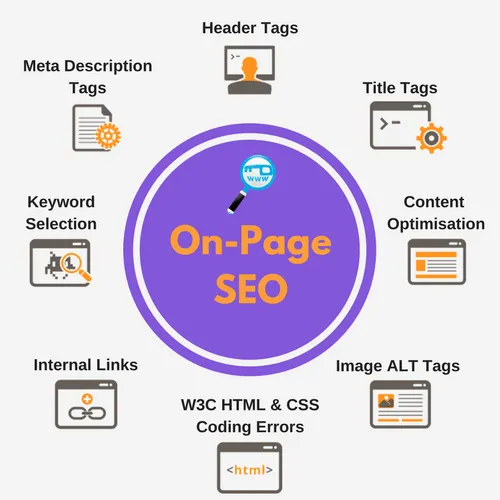Understanding Organic Marketing in SEO and Social Media
In the ever-evolving digital landscape, businesses constantly seek cost-effective ways to enhance their online presence and engage with potential customers. One powerful strategy that has gained significant traction is organic marketing. But what exactly is organic marketing in SEO and social media? Let’s dive into the details to understand its importance, benefits, and how you can effectively leverage it for your business.
Understanding Organic Marketing
Organic marketing refers to the strategies and techniques used to naturally attract and engage an audience without relying on paid advertising. It encompasses a range of activities aimed at increasing visibility and traffic through unpaid methods, such as search engine optimization (SEO) and social media engagement. The goal is to create valuable content that resonates with your target audience, encouraging them to interact with and share your brand organically.
The Role of SEO in Organic Marketing
SEO is a cornerstone of organic marketing. It means enhancing your website and content to show up higher in search engine results pages (SERPs). When done correctly, SEO can drive a steady stream of organic traffic to your website. Here are some key aspects of SEO that contribute to effective organic marketing:
Keyword Research
Identifying the right keywords is crucial. By targeting specific, relevant keywords, such as “organic marketing,” you can attract users actively searching for information related to your business.
Quality Content
Producing high-quality, helpful and enjoyable material is critical. Search engines prioritize content that provides value to users, so focus on producing articles, blogs, videos, and other forms of content that answer questions and solve problems.
On-Page Optimization
This includes optimizing meta tags, headers, images, and ensuring your website is mobile-friendly and fast-loading. Proper on-page SEO enables search engines understand and index the content you provide.
Backlinks
Earning backlinks from reputable websites signals to search engines that your content is credible and valuable. Creating a solid backlink profile may greatly improve your search rankings.
Must read Is SEO a Part of Digital Marketing or Social Media Marketing?
User Experience (UX)
A seamless and enjoyable user experience on your website encourages visitors to stay longer, reducing bounce rates and increasing the likelihood of conversions.
Benefits of Organic Marketing
Investing in organic marketing has numerous benefits:
Cost-Effective
Unlike paid advertising, organic marketing relies on time and effort rather than financial investment, making it a cost-effective strategy for businesses of all sizes.
Sustainable Growth
Organic marketing strategies, such as SEO, provide long-term benefits. Once your content ranks well, it can continue to attract traffic over time without additional costs.
Also, read more An In-Depth Guide And Best Practices For Mobile SEO
Trust and Credibility
Organic search results and genuine social media interactions build trust with your audience. Users are more likely to trust and engage with content that ranks highly in organic searches or comes recommended by their peers.
Enhanced Engagement
Quality content and genuine interactions foster deeper engagement with your audience, leading to higher customer loyalty and retention.
Conclusion
Organic marketing in SEO and social media is a powerful strategy for building a sustainable and credible online presence. By focusing on creating valuable content, optimizing for search engines, and engaging with your audience on social media, you can drive organic growth and achieve long-term success. Embrace the principles of organic marketing to enhance your brand’s visibility and connect authentically with your audience, ensuring lasting impact and growth.






